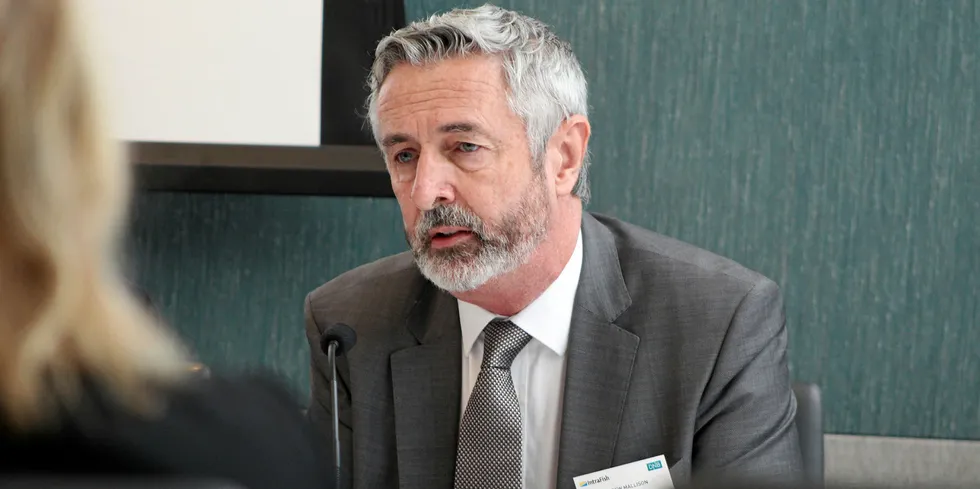Coronavirus is highlighting major weaknesses in seafood's supply chains
Seafood industry expert tells IntraFish how things need to change in order that the industry can face new threats as they emerge.

Seafood industry expert tells IntraFish how things need to change in order that the industry can face new threats as they emerge.
